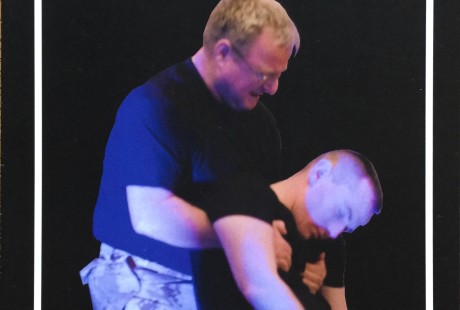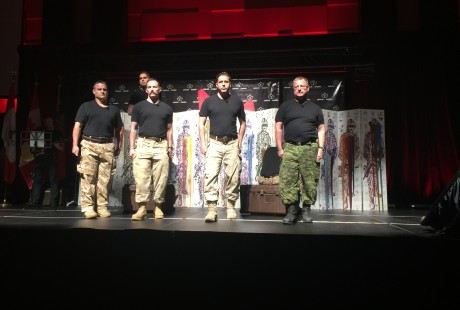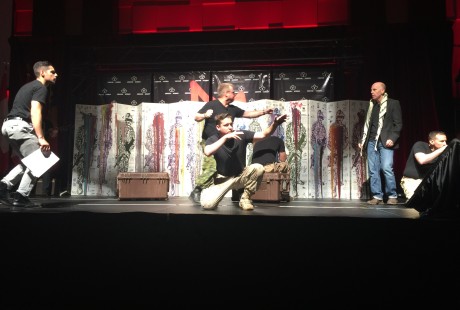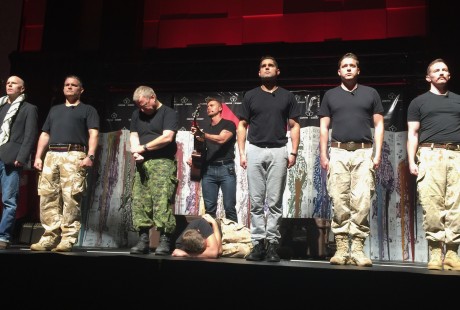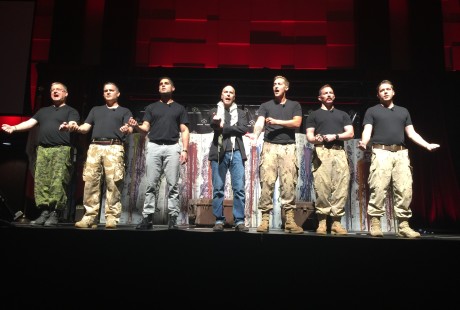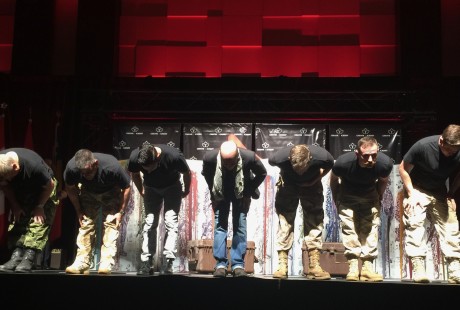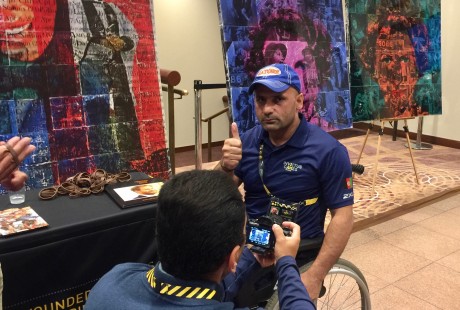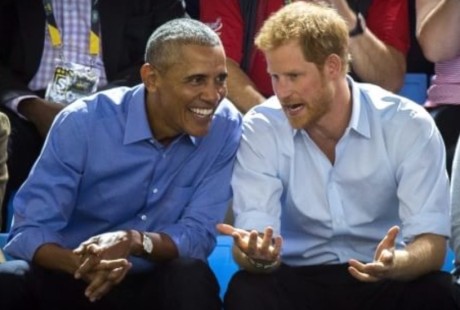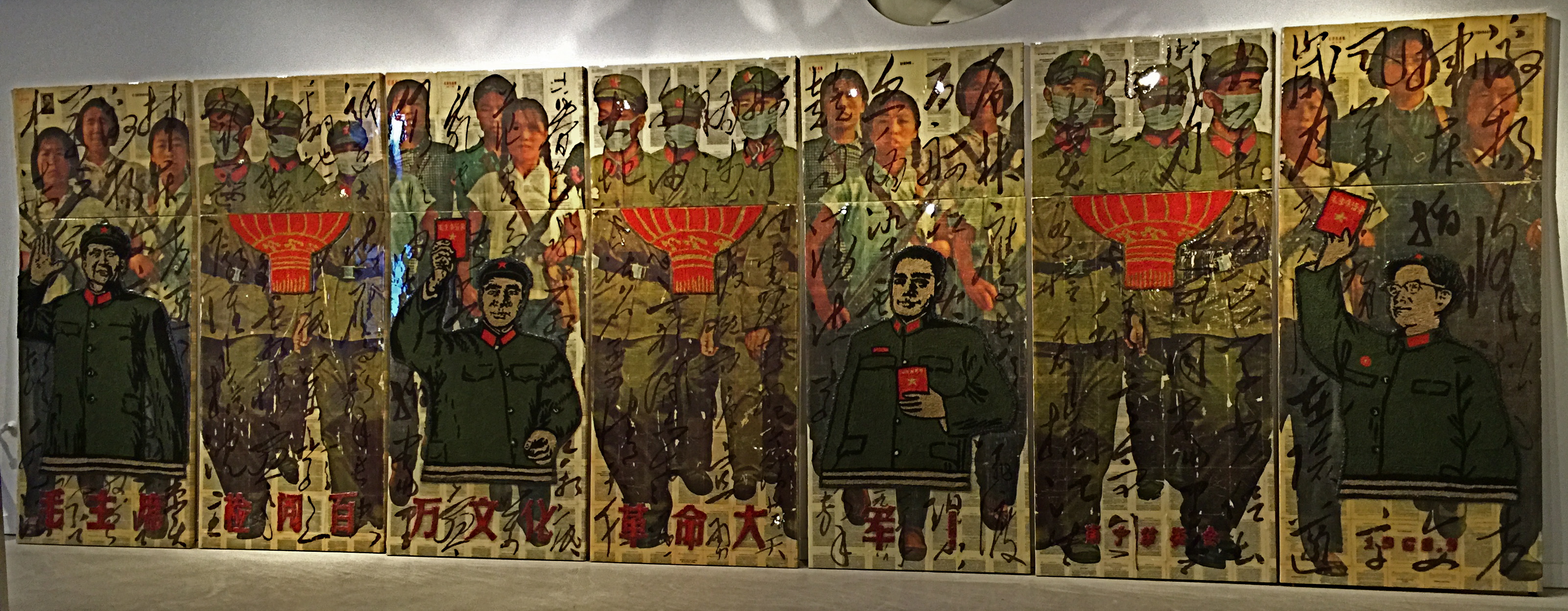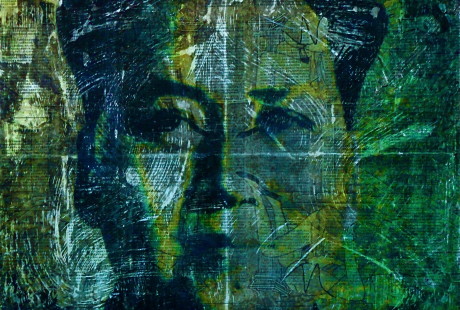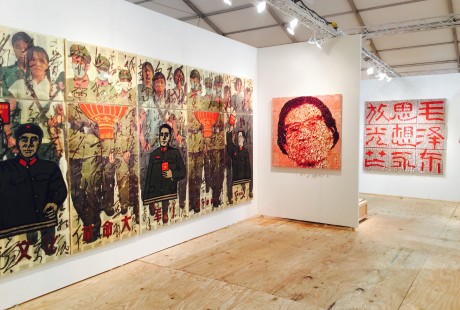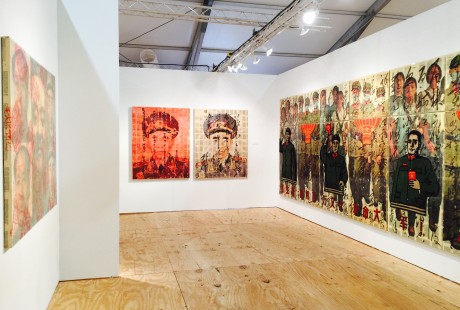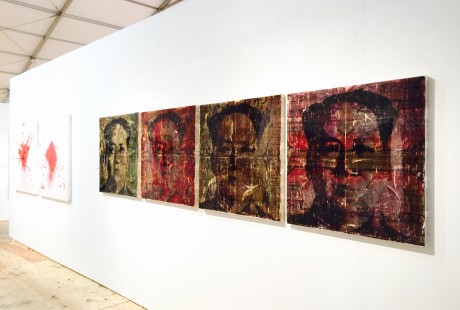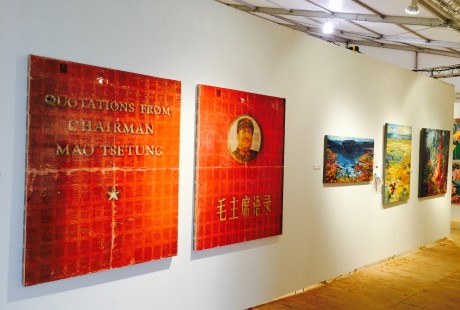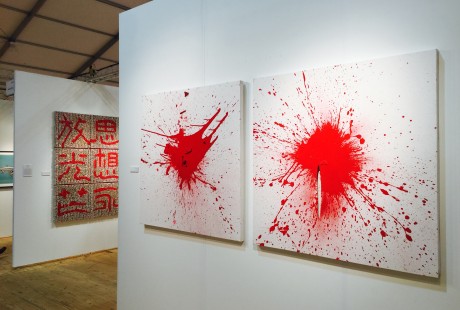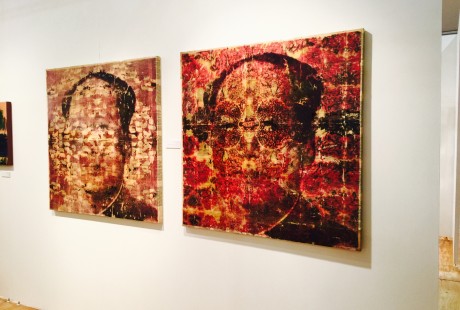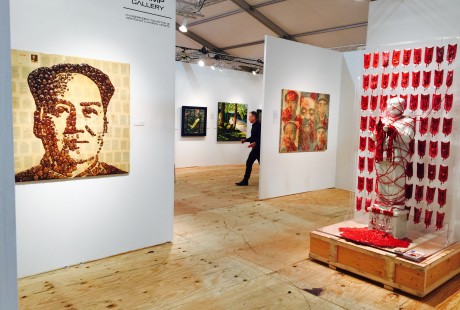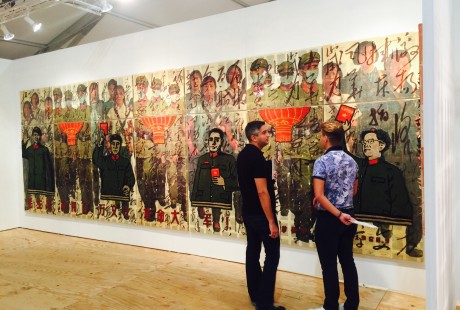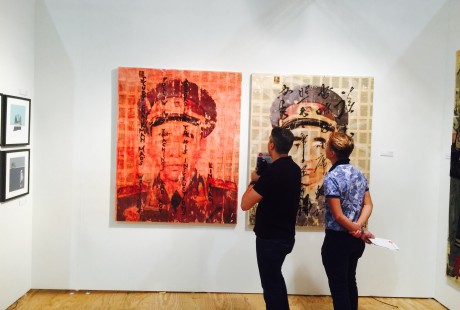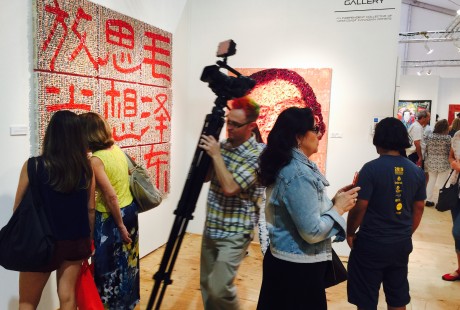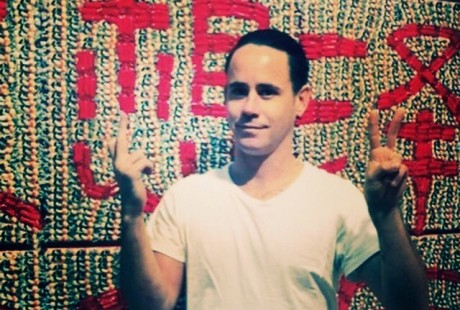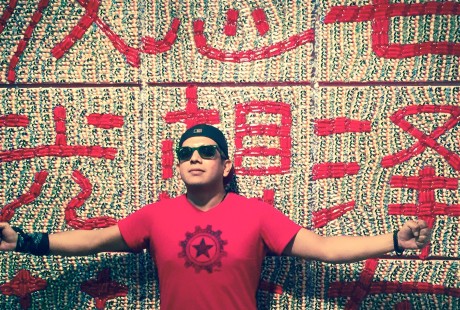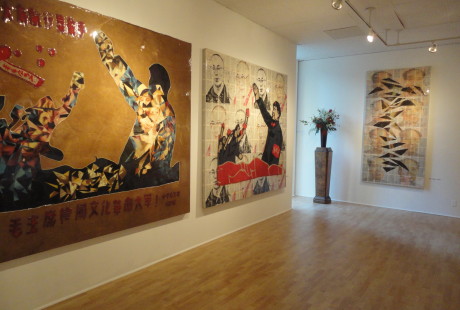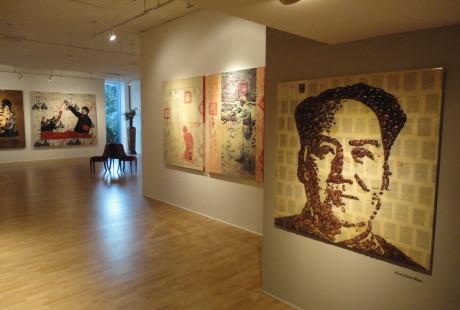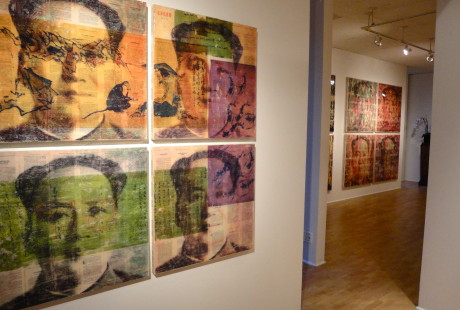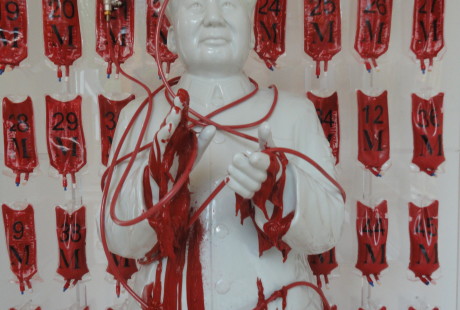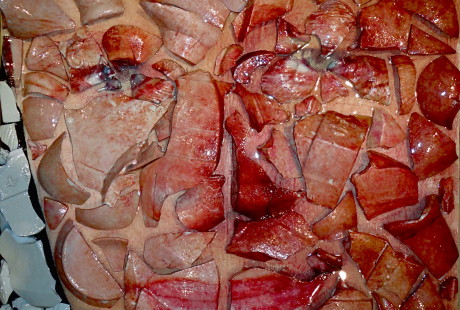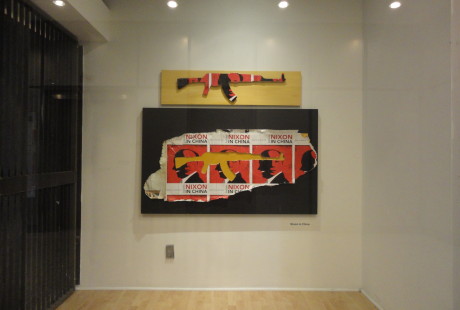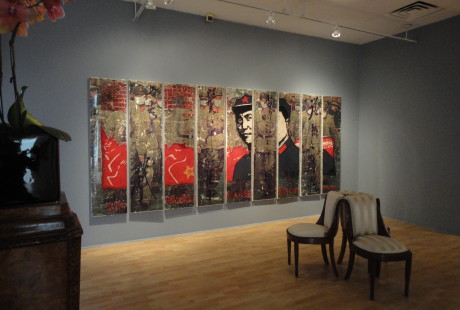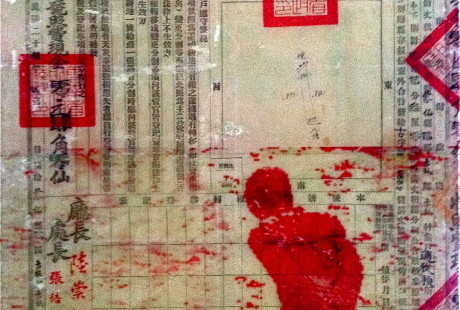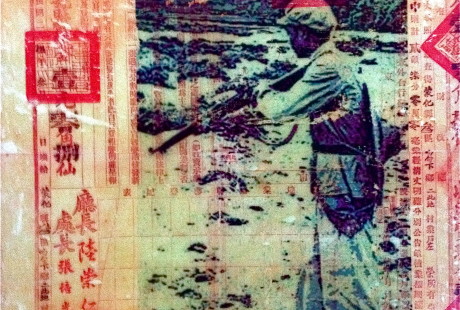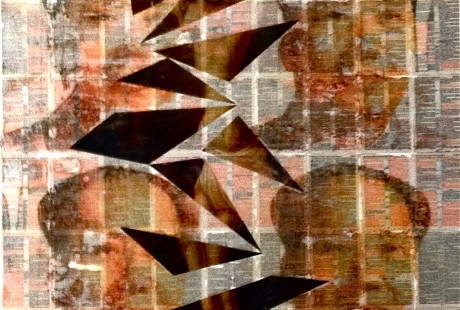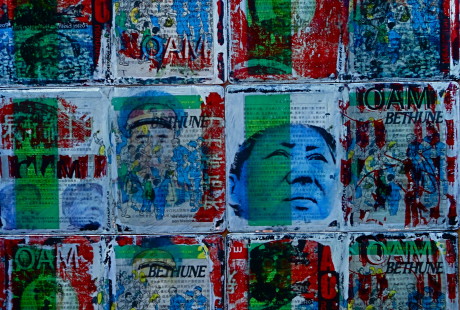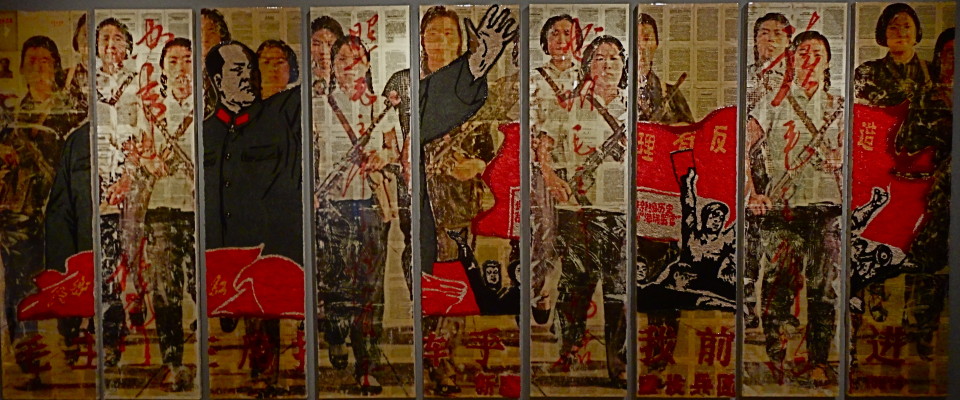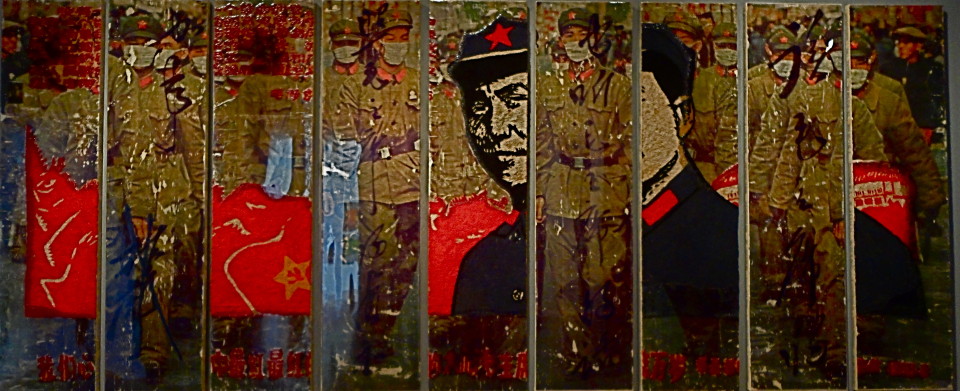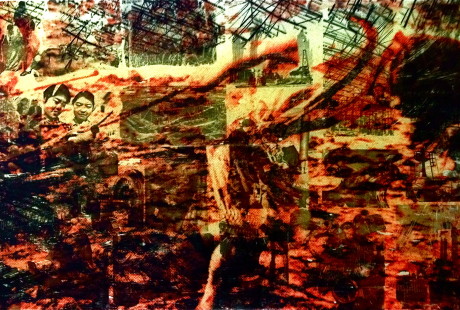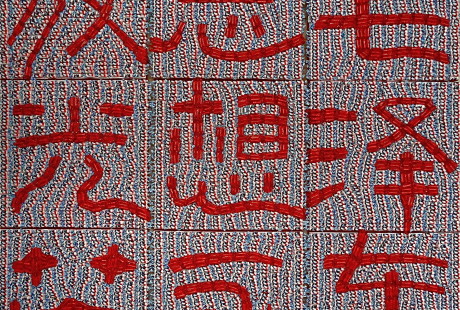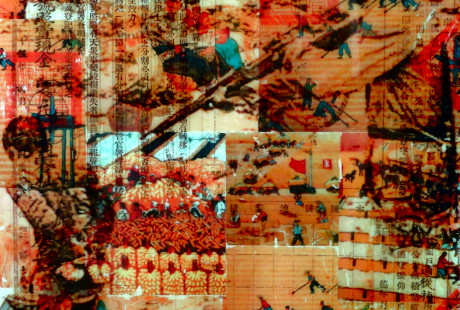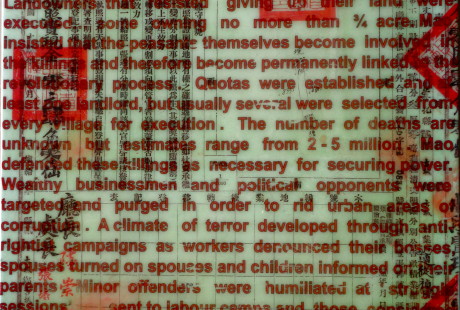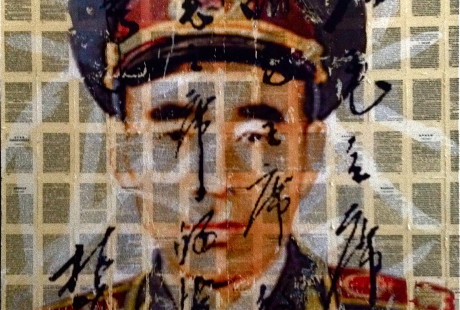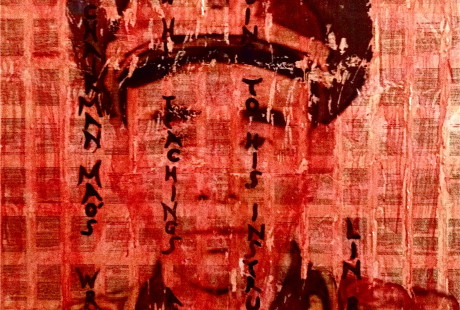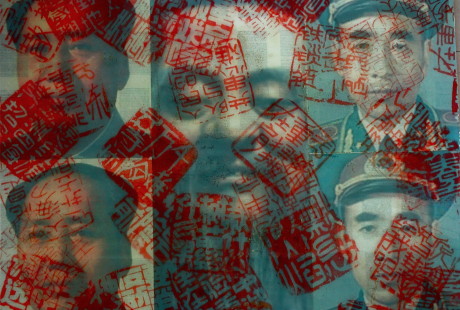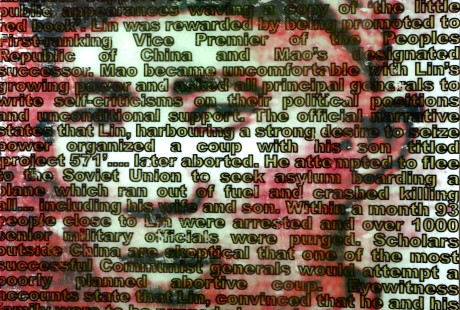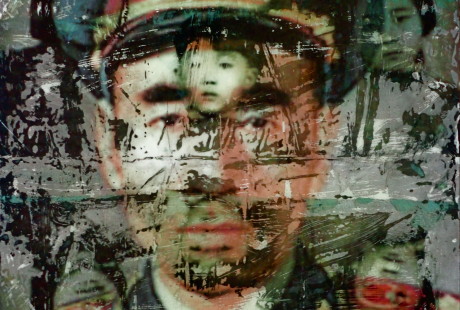land reform
MAO : Land Reform (2)
On 23, Nov 2015 | In b) MAO works | By foster eastman
Mao promised land, and he delivered. However, this was very unfortunate for the Landlords.
By 1958, Mao took back the land and collectives were created… leading to one of the worst self-induced famines ever recorded in history. Approximately 30 million citizens starved during The Great Leap Forward 1958-1961.
land reform
On 23, Nov 2015 | In c) MAO book of | By foster eastman
Land Reform was the major focus of policy and the foundation of the People’s Republic of China. This policy won the party millions of supporters among the peasantry as 90% of the population were farmers. Property of landlords was expropriated by the government and redistributed to the lower class peasants so that each household would receive a comparable holding. Landowners that resisted giving up their land were executed… some owning no more than ¾ acre. Mao insisted that the peasants themselves become involved in the killings and therefore become permanently linked to the revolutionary process. Quotas were established and at least one landlord, but usually several were selected from every village for execution. The number of deaths are unknown but estimates range from 2-5 million. Mao defended these killings as necessary for securing power. Wealthy businessmen and political opponents were targeted and purged in order to rid urban areas of corruption. A climate of terror developed through anti-rightist campaigns as workers denounced their bosses, spouses turned on spouses and children informed on their parents. Minor offenders were humiliated at ‘struggle sessions’, sent to labour camps and those considered major offenders were executed. Many committed suicide. A second Land Reform occurred in 1958 when ownership was eliminated during The Great Leap Forward and peasants were only given usage rights to land. Land was confiscated and became the property of the state. Peasants were organized into teams and collectives becoming property-less members of ‘peoples communes’.
Lin Biao
On 23, Nov 2015 | In c) MAO book of | By foster eastman
Lin Biao (Piao) was a major Chinese Communist military leader who played a pivotal role for the communist victory in the Chinese Civil War against Chiang Kai-shek and the Kuomintang government. Lin advocated a strategy of protracted guerilla warfare to weaken the enemy through feints, ambushes, encirclements and surprise attacks. In order to protect himself from the chaos of the Cultural Revolution, he gave absolute support to Mao always at his side in public appearances waving a copy of ‘the little red book’. Lin was rewarded by being promoted to First-ranking Vice Premier of the Peoples Republic of China and Mao’s designated successor. Mao became uncomfortable with Lin’s growing power and asked all principal generals to write self-criticisms on their political positions and unconditional support. The official narrative states that Lin, harbouring a strong desire to seize power organized a coup with his son titled ‘project 571’…. later aborted. He attempted to flee to the Soviet Union to seek asylum boarding a plane which ran out of fuel and crashed killing all… including his wife and son. Within a month 93 people close to Lin were arrested and over 1000 senior military officials were purged. Scholars outside China are skeptical that one of the most successful Communist generals would attempt a poorly planned abortive coup. Eyewitness accounts state that Lin, convinced that he and his family were to be purged planned an escape. Lin’s daughter ‘Doudou’ reported this plan to the authorities and the doomed flight departed in haste while still refueling. A propaganda campaign ‘Criticizing Lin Biao and Confucius’ began to scar his image and after Mao’s death, he was blamed for many negative aspects of the Cultural Revolution…. accused of taking advantage of ‘Mao’s mistakes’ to advance his own political goals. (years of service 1925-1971)

